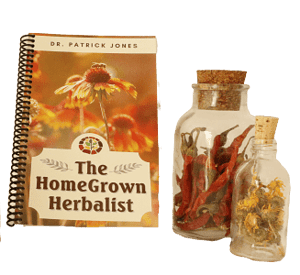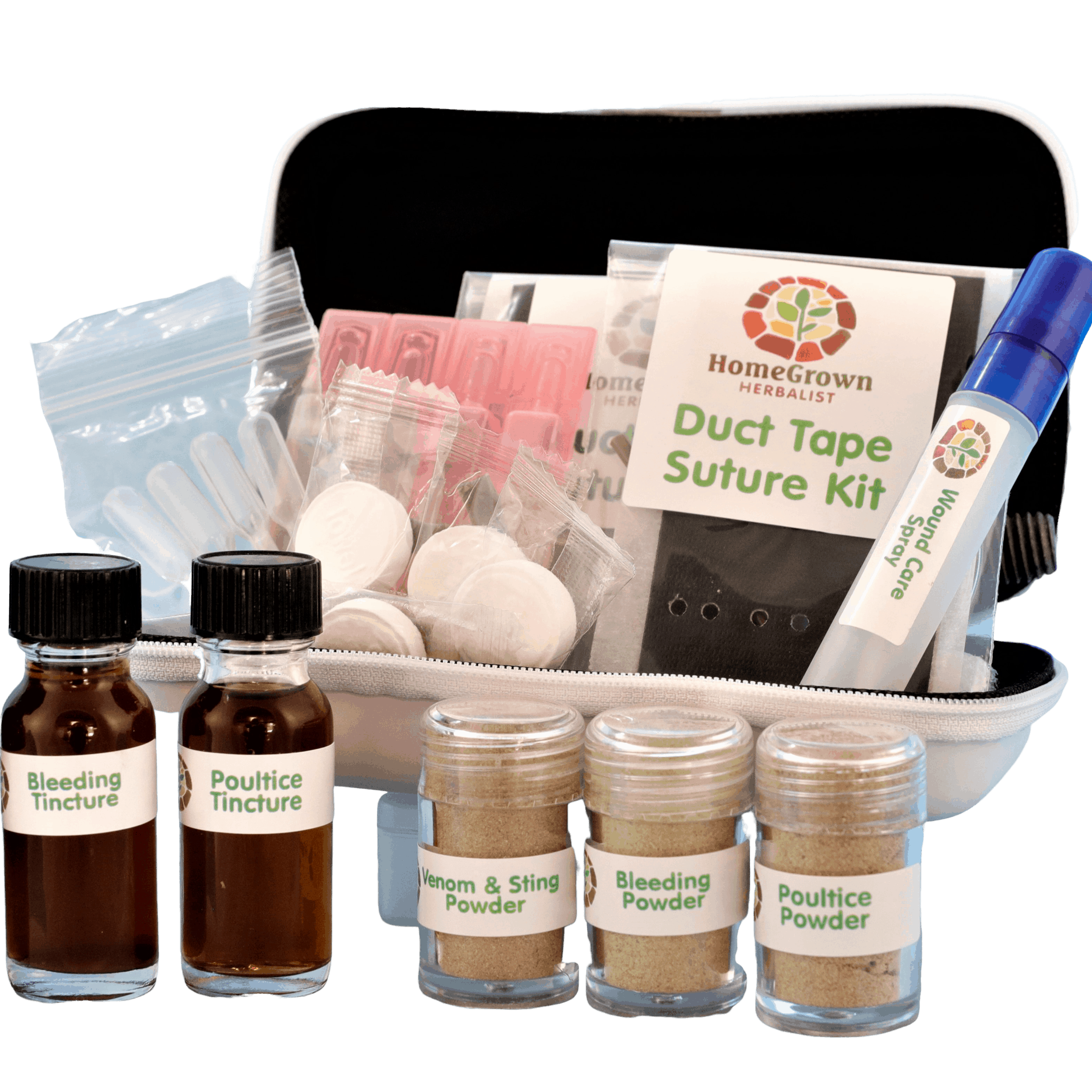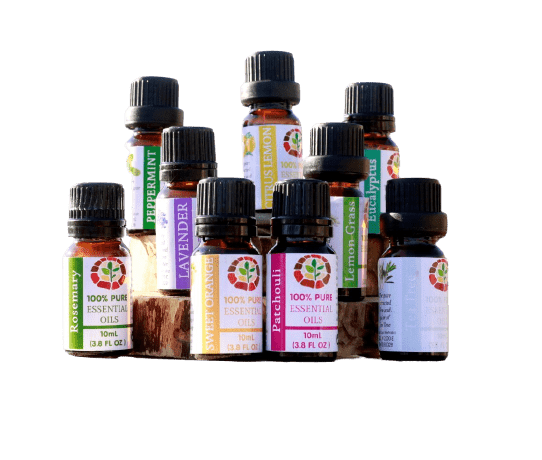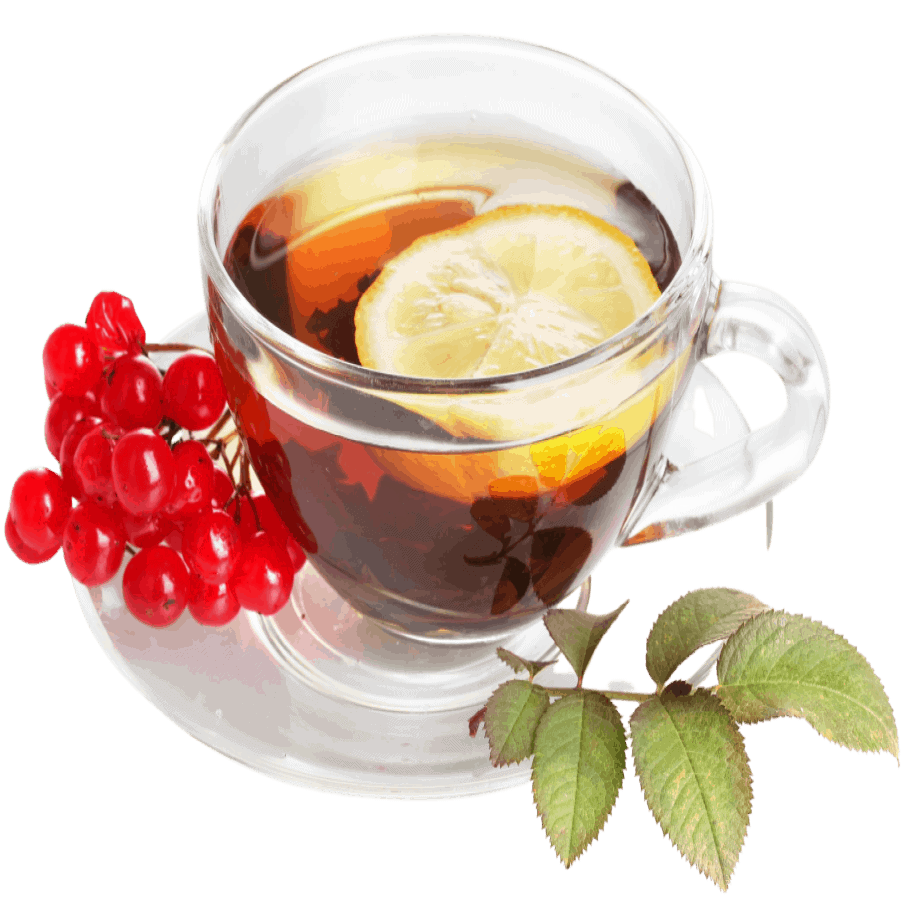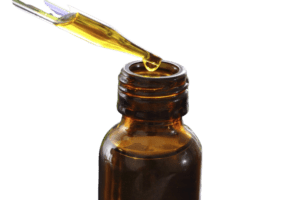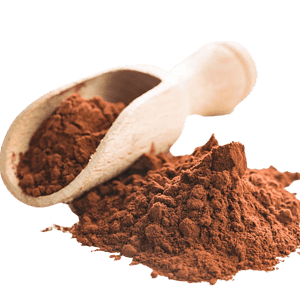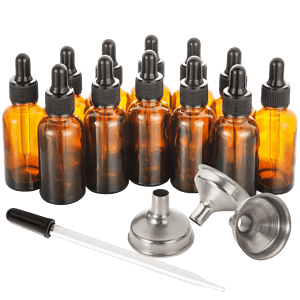Doc's Blog!
Got Stress? Herbal Stress Supplements
In my naturopathy practice, I visit with people that have all sorts of issues. Before beginning any sort of program to help them with whatever health concern they’ve contacted me about, I try to spend some time visiting with them about their life.
Over the years, I’ve come to a startling conclusion; Life is hard and the stress we experience as a result of that makes life harder. I can’t tell you how many clients I’ve had over the years that can, when they really look at it, tie a significant health concern to a particularly stressful time in their life.
Stress is not merely an emotional event. It causes a cascade of physiological processes in our body. Our nervous system is divided into two basic functions. The somatic nervous system which principally manages voluntary functions, and the autonomic nervous system which manages involuntary functions. The autonomic nervous system is further divided into the parasympathetic and sympathetic systems. The parasympathetic nervous system manages the peaceful, productive side of our life and controls things like digestion, growth, healing, reproduction and immunity to disease. The sympathetic system is the “Fight or Flight” emergency system.
These two systems cannot operate simultaneously so when one is active, the other is suppressed. As I said, the sympathetic system’s primary functions are fight and flight. In other words when we are in danger, the sympathetic nervous system stimulates the endocrine glands to produce hormones that get us out of that danger. These hormones are principally adrenaline and cortisol. It’s an elegant system to help us run away from scary things that want to eat us. When we are in this adrenalized stressful state, all parasympathetic functions are suppressed. After all it doesn’t make sense to digest food, have bowel movements, fight germs or make babies when the lion is after you! So all of those functions are suppressed until we are safely out of the lion’s reach.
Modern Humans Are a Sympathetic Mess!
Back in the “good ol’ days” when we were hunter/gatherers, human lives were pretty simple…
We ate things…and things ate us.
Consequently, most of our sympathetic “fight or flight” responses were the result of actual physical threats. The modern world is more complicated. We have myriad stressors in our lives that have nothing to do with physical danger.
Grumpy bosses, the morning commute, deadlines, elections, Facebook posts, scary news stories and countless other stimuli elicit the same adrenally-charged “fight or flight” response in our bodies as the lions that used to chase us. This sympathetic frenzy inhibits parasympathetic functions resulting in poor digestion, decreased libido, compromised immunity and numerous other problems. Chronic “fight or flight” stimulation can also result in significant adrenal fatigue. This chronic, unresolved, sympathetic overstimulation is one of the key factors leading to dis-ease in the modern world. The “Take-Home Message” is that unless a person can move from a sympathetic to a parasympathetic state, there will be consequences with the digestive and immune systems in particular and with overall health in general.
Get Parasympathetic!
So, what do we do? We do what we used to do when we were stressed…
We run!
Physical exercise is one of the triggers that tells the adrenals that “Everything is OK now”. The adrenals have no eyes to see whether “the lion” is gone. They depend on other cues from the body to tell them what’s going on. As a result, they seem to think that if we exercise and then stop (without being eaten!) that everything must be fine. Deep breathing can also be very effective. Again, we’re giving the adrenals a message. They see we are breathing deeply and peacefully, assume all is well, and shut down production of the stress hormones adrenaline and cortisol.
We can also decrease our stress levels by eliminating some of the unnecessary demands on our schedule. We can detach the end of our nose from our cell phone and make some time in our lives for quiet reflection, prayer and peace.
Herbs can also be wonderful tools to help us transition ourselves from a sympathetic to a parasympathetic state.
The most obvious herbal action of interest would be found in plants that help us get some good sleep at night. Valerian, skullcap, chamomile and numerous others can help us relax and get a good night’s rest.
Adaptogen herbs like Siberian ginseng or ashwagandha help the body to transition from a state of stress to a state of calm control.
Oat straw is another of my favorite herbs for unfrazzling frazzled nerves. It isn’t sedating but seems to peacefully ease the tensions of life and give us the calm we need to press on in a positive direction.
There are also herbs that feed and support those fatigued adrenal glands. Those little guys put in a lot of overtime for folks these days and can use some help. Some of my favorite adrenal-supporting herbs are Fo Ti, Ginkgo, Oat straw, Rehmannia and Schisandra.
Doing any or all of the above can really make a difference in the quality of our lives and health. A strong immune system and good digestion start with living your life in a parasympathetic mode. Take some steps today to make the changes that will help you do so. You’ll be glad you did.
General Stress Kit




